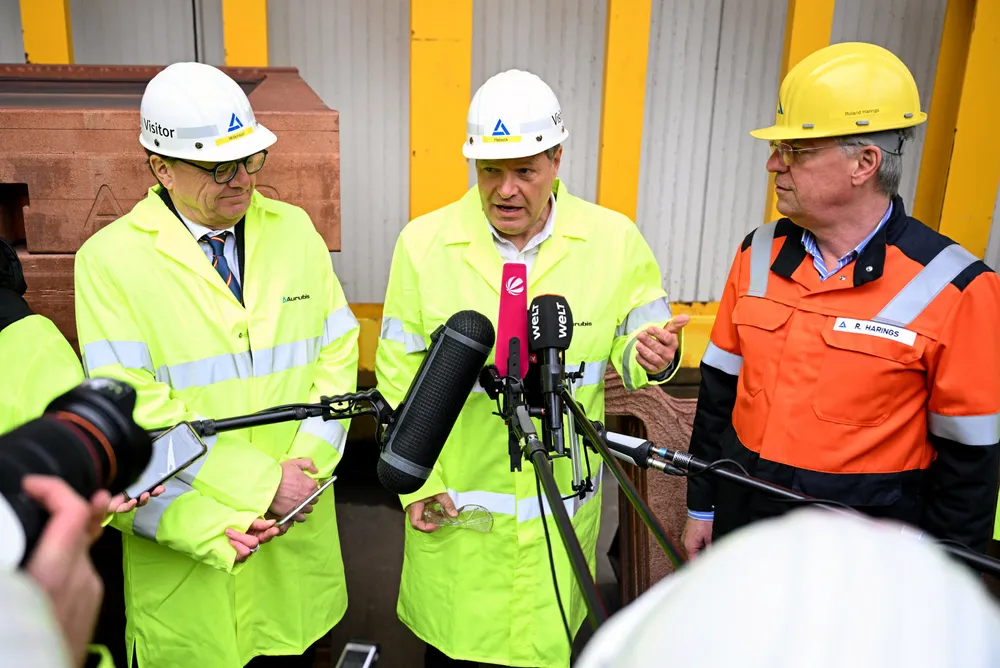Canada joins German hydrogen import auction scheme H2Global, but funding details not yet disclosed
Prospective exporter is running out of time to meet promise to supply Germany with green hydrogen as early as next year

Prospective exporter is running out of time to meet promise to supply Germany with green hydrogen as early as next year
